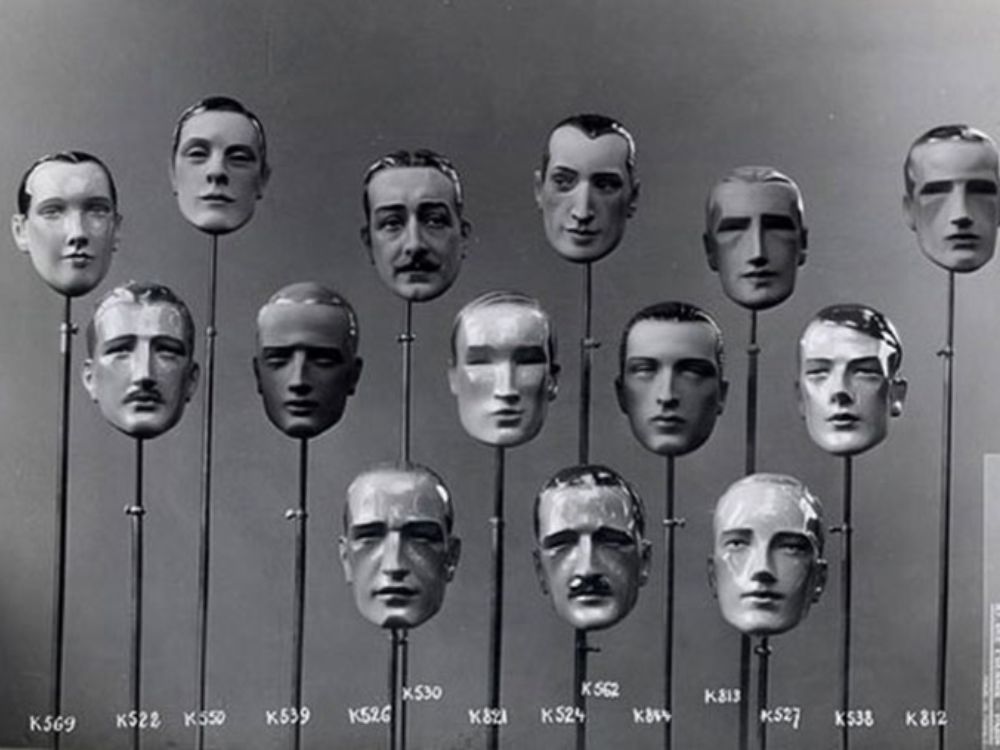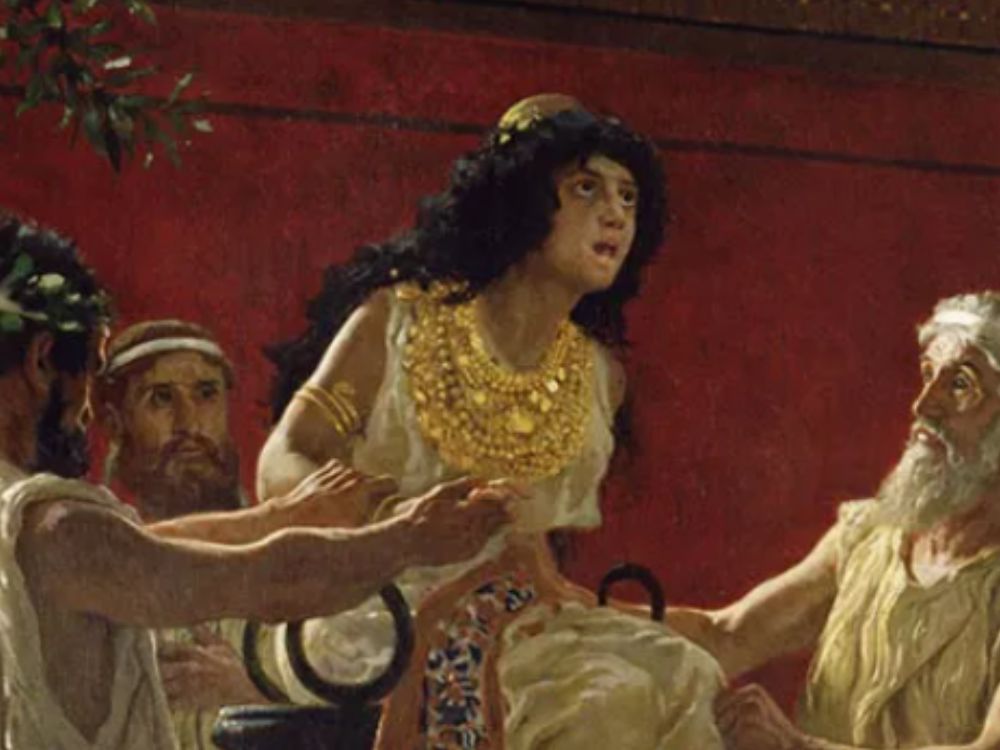We are in need of a new renaissance. The erosion of our politics is eroding our civilization. By civilization, I mean the very arts that help us pursue the good life: philosophy, religion, art, music, literature, and the like.
The art of persuasion and the openness to being persuaded is rarely found in the arena of politics. The greatest political questions of our day are reduced to memes, a reflection of the shallowness of thinking behind them. Abstracting most of our political attention and activities to the national stage, politics has become an addicting spectator sport for most of us. We are committed to our team, but unlike sports, we have become convinced that the other team is responsible for everything wrong in our country and, as such, are very likely evil. Dogmatism is not only rewarded in this environment, it is justified in light of the perceived stakes. It’s not about reasoning with one another. It’s about gaining power. For all of our democratic pretenses, we’ve allowed a tyrannical spirit to creep into our political discourse. It’s no wonder when it begins to emerge in our preference for leaders. We are discovering what Plato warned us about over 2000 years that democracy has the tendency to slip into tyranny.
Increasingly, our political outlook defines the way we view all of reality. Politics and the certainty deriving from it thus finds a way into our thinking about all the disciplines. This is how I should think about this topic in science or philosophy. And this is how I should think about this or that era of literature. And this is the lens through which I should read Shakespeare. And the very distrusts and suspicions we have of “the other” in the realm of politics, we find here as well. We are taught to suspect that every biologist, music theorist, artist, writer, philosopher, and mathematician has a political motivation, an angle, something they are trying to sell us on. A quick review of the dissertations of most college professors today reveals this. It’s as if the entire goal of academia is to unmask the apparent political motivations of everyone else, while unashamedly forwarding our own. It’s about gaining power.
Marilyn Robinson makes much of this in the opening pages of The Death of Adam:
“It seems to me that there is now the assumption of an intrinsic fraudulence in the old arts of
civilization. Religion, politics, philosophy, music are all seen by us as means of consolidating the power of the ruling elite, or something of the kind. I suspect this is a way of granting these things significance, since we are still in the habit of attending them, though they are no longer to be conceded meaning in their own terms. If they have, by their nature, other motives than the ones they claim, if their impulse is not to explore or confide or question but only to manipulate, they cannot speak to us about meaning, or expand or refine our sense of human experience…
I want to overhear passionate arguments about what we are and what we are doing and what we ought to do. I want to feel that art is an utterance made in good faith by one human being to another. I want to believe that there are geniuses scheming to astonish the rest of us, just for the pleasure of it. I miss civilization and I want it back.”
How do we get it back? Where will this renaissance come from? Every renaissance seems to necessarily involve a renewed humanism, a rekindled crush on ourselves, a return to human things because we are enamored by the endless source of wonder and glories to be found there.
By contrast, our politics is making us small. We can be lazily placed in a box, categorized, and dismissed. Artists, thinkers, musicians, poets, dancers, authors: please rebel against this nonsense.


